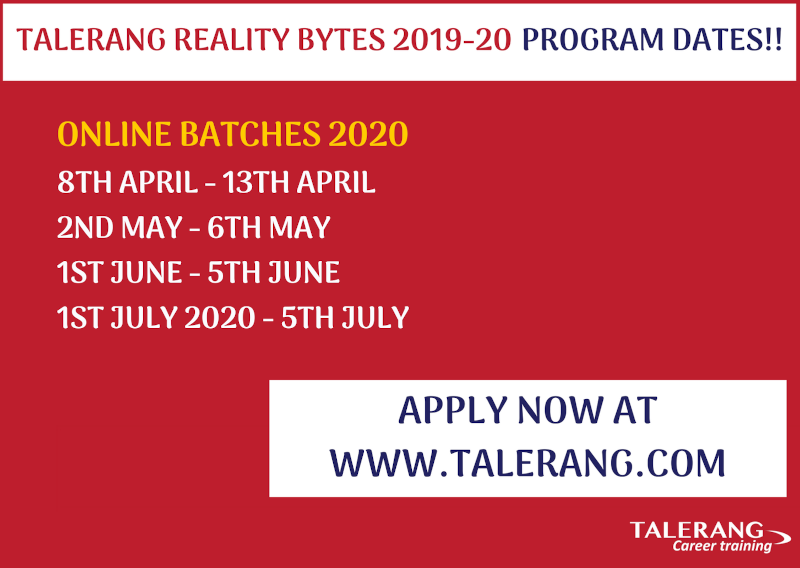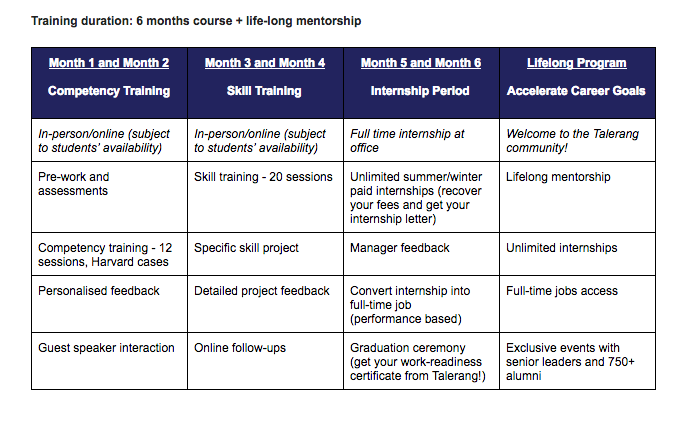
A day in the life of a Research Analyst!
Working as a research analyst requires a number of key competencies and skills. Research professionals conduct research, analyze data, and help organizations find solutions to various problems. Accurate knowledge of situations and circumstances, markets, industry sectors, emerging issues, and priorities are crucial to examining a project’s goals and success. As a student, it’s critical to understand the skills that are crucial to a research analyst:
- Stay updated: Read both sector-specific and general happenings from newspapers, magazines and other sources such as twitter. Additionally, analysts track reports, developments and trends from the sector, government and academia. If you have all the relevant data at your fingertips you will be able to analyze it well.
- Conduct analysis: Analysts conduct quantitative and quantitative analysis. Qualitative include statistical modelling, extrapolation of graphs, regression models. Qualitative analysis includes key informant interviews, focus groups, and expert panels. Research is important in sectors such as consumer products, equities, startups, IT, medicine and more. Research analysts conduct extensive but highly-focused research on a topic of interest and then present the present the results to the stakeholders and partners.
- Know your tools: You require sources to collect your data for market research. There are primary and secondary research sources. Primary includes methods like survey, interviews, questionnaires, observations, focus groups and field trials. Secondary research involves summary, collation and synthesis of existing research data. Secondary research coils also include sources such as reports and articles by external agencies – government or non-government sources.
Typically, a day of a research analysts depends on the sector they are involved in. For example, consumer research might involve designing a questionnaire, reading articles, examining online discussion forums, industry and government websites, or crunching numbers, consulting with industry leaders, presenting findings and recommendations in a report. Usually, research analysts work by themselves as opposed to a consultants working in teams. So before you take the plunge, understand the nuances of the sector where you plan to do research. It’s a rewarding and academic profession, with the added benefits of papers and patents to your name!







